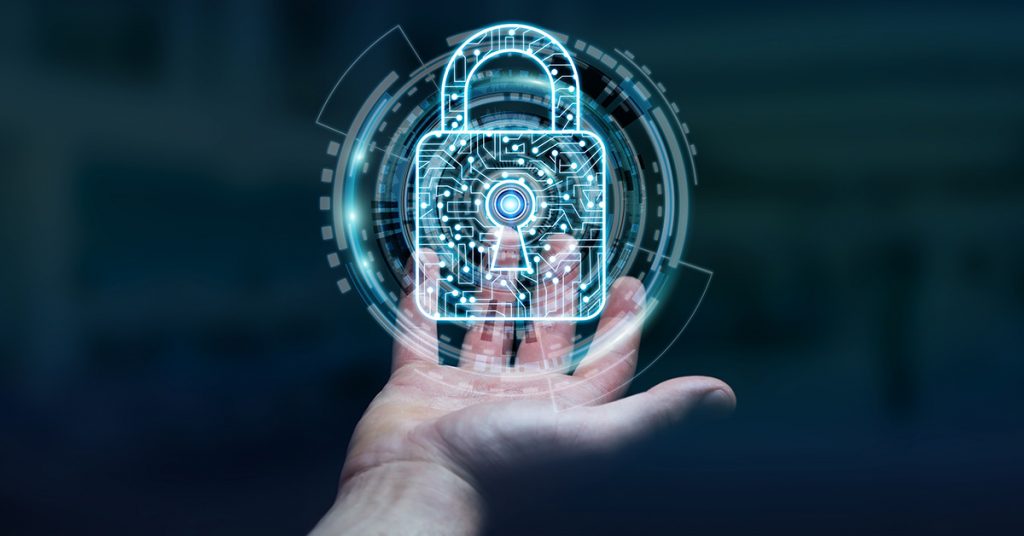Every day we hear of new rules to follow, but many of them are really not necessary. To make it simple for you we have collected up the five rules we believe are so essential you’d be at a huge loss without them.
1: Passwords!
Passwords are a basic, key rule you are taught from the first time you use a computer. But the trouble is that people use simple passwords which are easy to crack, use the SAME password for multiple accounts (so imagine if somebody has already cracked/guessed your password to one account, what they can do now!), and passwords can be stolen from a third party that stores it. So as great as passwords are, they can be almost ineffective. This is where we come in, advising you on how to make your password secure enough (and they can be!).
For starters, you’ll want to make sure that you use a long and complex password, with different passwords for each account. Don’t forget to use a mixture of numbers, upper and lowercase letters, symbols such as: @, !, ? etc. and try not to use anything that somebody might guess like your children’s names as that will be a go-to guess for anyone who knows you well enough. Understandably it would be hard for you to remember lots of different complex passwords so we recommend using a password manager with a single long and complicated password which will remember all the others for you.
2: Backup
Probably the easiest tip to follow. Doing a frequent back-up of your important and confidential information is essential because, if you only do it occasionally, you risk losing any data that has been created or edited since the last one. Our advice is to set the back-up to run automatically so you can restore even you most current critical data in the event of an attack.
3: Web Security
Though you may only access the safest Internet sites, it’s still possible for your computer to pick up some nasty malware from web-based “drive-by downloads” where malicious code from a website searches for a soft spot where they can access your system software. Around 90% of that web code is said to come from popup advertising which you can get even when only visiting the most secure sites.
It’s for all these reasons that we advise you to use either a web reputation solution to keep you away from viciously malicious sites (the solution can either run straight through your computer or through a network to all of your devices which is our recommendation), or a web script management tool which will stop attacks through software and plugins like Flash, JavaScript, and Java. You can use great browser plugins such as Google Chromes ‘Click to Run’ tool, which stops videos from playing the minute you open a site, which can stop the many dangerous (and irritating!) ads from playing.
4: Update
This should come as no surprise to you, but yes, the more often you update your system, the safer you will be against viral threats. It’s another very simple tip that we are always told to do, purely because it works and not being able to use your computer for a few minutes shouldn’t be too much of an inconvenience considering the benefit you’re getting out of it.
Cyber-Baddies are very skilled at finding vulnerabilities in your system nowadays so, to stop them from getting into your computer and corrupting/stealing your files and destroying your computer from the inside, you need to apply updates regularly.
5: Watch out for fishing
The most common mistake that people make is that they open all their emails without any suspicion. You know which ones we’re talking about, the ones that make no sense as to why you have received them, that try to attract our gullible side to open them and then click on whatever links they’ve left there. They may read things like “Congratulations You are the winner of …!!!” or “Look John, check out this life-changing new secret you’ll never be able to live without!!” etc. They will be inconsistent in tone and have a hyperlink at the end that will take you to a dodgy or irrelevant site, which is where they get you. The key is to be careful when looking at your emails, don’t open one if you’re not sure about it, and NEVER open one of the links in one of the emails. This is how hackers can trick you, it is called social engineering and can often be convincing so make sure you’re always cautious when opening emails.
Another method they use is to find out information about you (where you work, your age, where you live etc.) and then craft an email that appears as if it’s from someone you know with a subject line that relates to something specific in your life and looks very convincing. This is known as Spear Phishing and can be very difficult to determine if it is safe to open. The e-mails will often appear to be from a family member, friend, or even an invoice for a recent ‘purchase’ that you never made. So we recommend that you protect yourself against these fraudsters by having a very careful look at your emails before you open them. Unfortunately there isn’t any software that can deal with this issue but, now that you have read through this article, you should be more aware and primed to delete the offending e-mails before they can cause harm.
Was this article helpful? We always love to hear your feedback, so please feel free to let us know!

